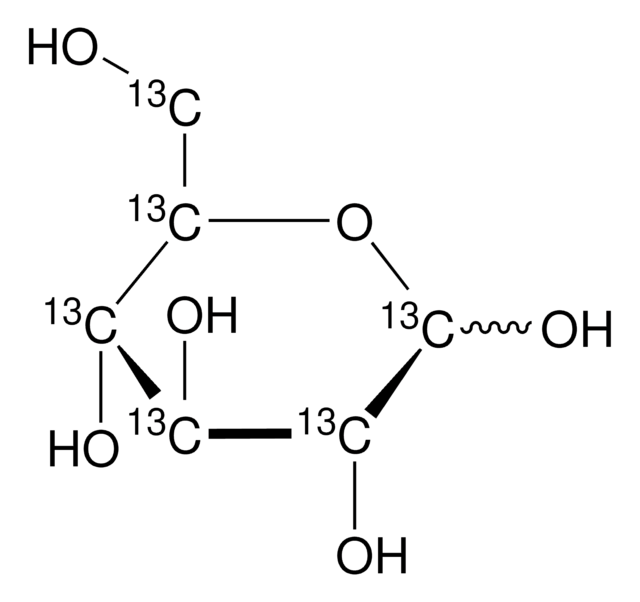Recommended Products
description
surface tension 43 mN/m (1% aqueous)
Quality Level
form
powder
impurities
5% moisture
loss
13.4 wt. % loss on heating, @ 316°C
3.3 wt. % loss on heating, @ 149°C
5.7 wt. % loss on heating, @ 204°C
8.5 wt. % loss on heating, @ 260°C
pH
6.5 (25 °C, 5%, aqueous solution)
transition temp
sintering point 188 °C
solubility
NaOH: 0.05% (warm 5% aquesous)
MEK: partially soluble
benzene: insoluble
dioxane: soluble
ethylene glycol: soluble
hexane: insoluble
methanol: partially soluble
density
1.3 g/mL at 25 °C
bulk density
23 lb/cu.ft (loose)
32 lb/cu.ft (packed)
Looking for similar products? Visit Product Comparison Guide
Related Categories
General description
Application
Storage Class
11 - Combustible Solids
wgk_germany
WGK 3
flash_point_f
Not applicable
flash_point_c
Not applicable
ppe
Eyeshields, Gloves, type N95 (US)
Choose from one of the most recent versions:
Certificates of Analysis (COA)
Don't see the Right Version?
If you require a particular version, you can look up a specific certificate by the Lot or Batch number.
Already Own This Product?
Find documentation for the products that you have recently purchased in the Document Library.
Our team of scientists has experience in all areas of research including Life Science, Material Science, Chemical Synthesis, Chromatography, Analytical and many others.
Contact Technical Service







